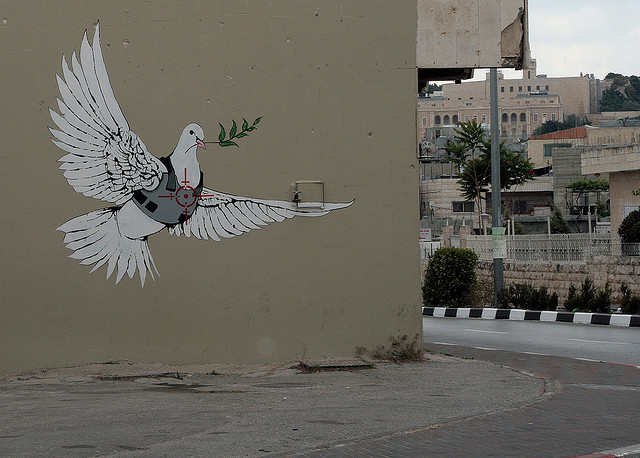
In the wake of horrific tragedy, social media has unified people to say not only am I paying attention, but I am trying to understand you—none of us are immune to acts of terror.
During tragedies, social media becomes a forum for grief and fellowship; expression through this medium is an indirect means of offering virtual condolences to the bereaved and support to our fellow, and often similarly helpless, spectators.
When the Charlie Hebdo massacre occurred, I was moved by the social media solidarity that ensued throughout the four corners of the world. Facebook statuses, from Australia to Guatemala, posted proudly, “Je Suis Charlie.” Instagram accounts pictured screenshots of Banksy’s witty response and the poignant New Yorker cover: a bold, red-tipped pencil Eiffel tower.
Following the attacks on Friday in Paris, the social media solidarity amassed quickly. Facebook profile pictures of apple picking soon transitioned to Eiffel towers; statuses of the politically minded, once focused on Donald Trump, diverted to ISIS, Islamophobia warnings, agenda advice for world leaders, and conspiracy theories.
These are all ways of processing grief, disbelief, and fear. The Facebook diatribes advising our fellow social media users about how to comprehend these attacks and what the international community needs to do are ways of processing the tragedy.
The brazen Facebook user criticizing posts about solidarity over Paris versus Beirut, for instance, is also processing grief.
Last Friday, I felt moved by the immediate solidarity depicted so purely in photographs of the Eiffel tower, a poem, or a simple “Paris, Je t’aime.” This feeling devolved to discouragement as I observed posts disparaging the posts of others and directing others about how to process the tragedy and their grief. Facebook posts, which moments prior served as a medium for sorrow and compassion, became divisive. This only seemed to trivialize the monstrosity we had all just witnessed together.
While I can acknowledge such posts as a form of processing, I couldn’t help but ask myself, “In solidarity, can we all take pause?”
Can we take time to sit with this grief and be in it, feel our compassion, our disbelief, our fear?
Can we ask ourselves if our social media posts are in solidarity or meant to be a sounding board that could create further division in a time that begs for unity?
In the days to come we must ask tough questions, listen to difficult answers; we must share knowledge, connect dots, inform and help reform. There will be time to discuss and debate the larger picture. But right now, in these moments following such horror, before we reactively take to Facebook to criticize world leaders, foreign policy, and especially each other, can we find the equanimity and quietude within ourselves to mourn for the victims of this tragedy?
Is that not the rawest, most human form of solidarity?
Relephant:
Why I’m Not Turning My Facebook Photo Blue, White & Red.
Paris: The Power of Facebook’s “I’m Safe” Feature.
Photo: Lauren Ross
Editor: Renée Picard
Image: luxerta at Flickr











Read 0 comments and reply